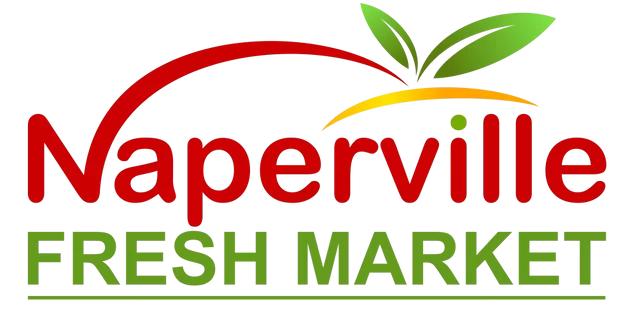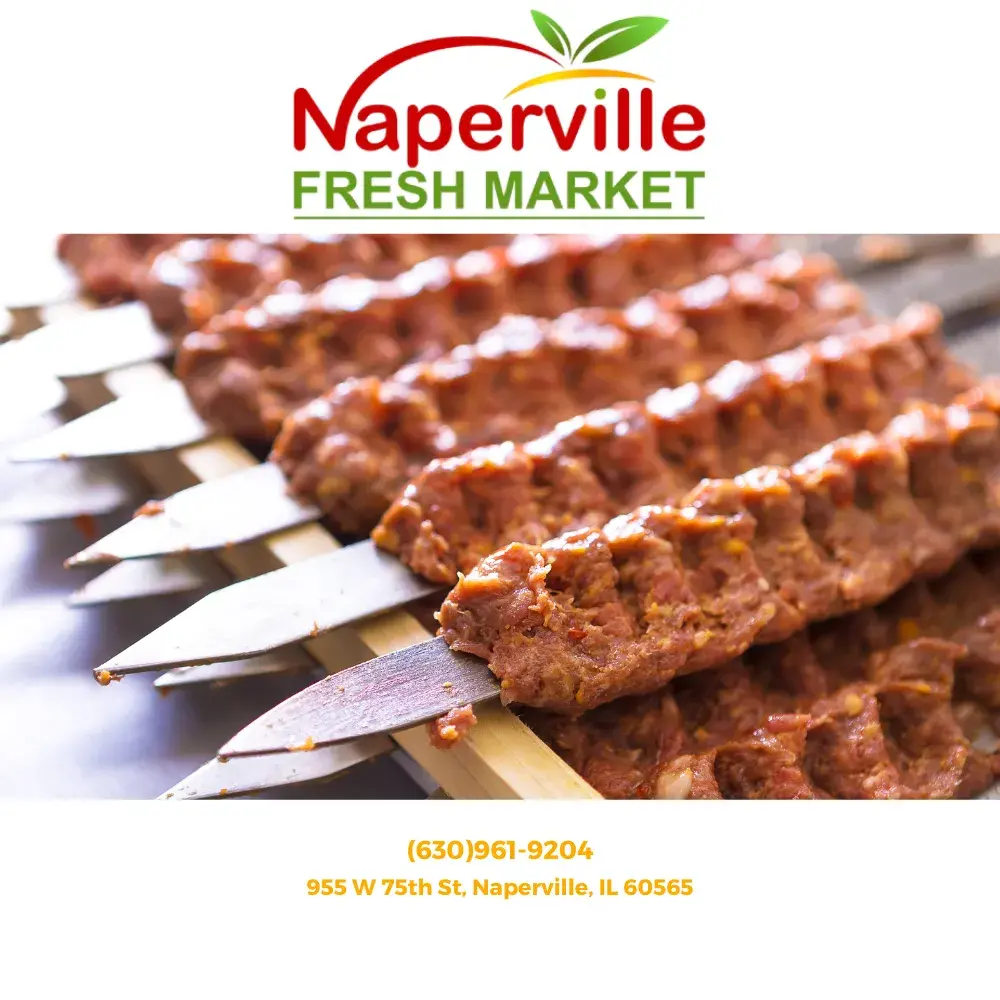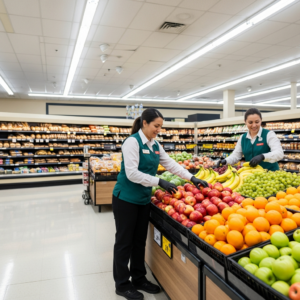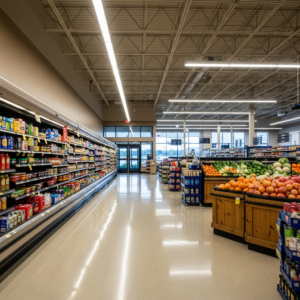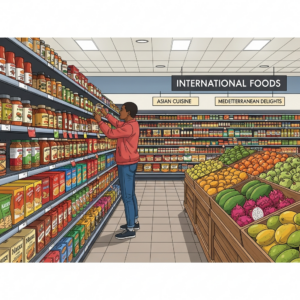Seasonal Farming Patterns and Halal Meat Availability
The availability of Halal meat in markets often aligns with the seasonal cycles of farming and livestock production. During warmer months, animals like cattle, sheep, and goats benefit from richer pastures, leading to healthier growth and better yields. This natural increase in livestock availability means that Halal meat is more plentiful in stores. Conversely, colder months can slow down animal growth, leading to a dip in meat production. These patterns are crucial for understanding why the variety and availability of Halal-certified options can change over the course of the year.
The Impact of Religious Observances on Supply
Religious observances have a significant effect on the availability of Halal meat, especially during certain seasons. For instance, during Ramadan and Eid al-Adha, the demand for Halal-certified meat peaks as families prepare for special meals and celebrations. In anticipation, suppliers often increase their stock to meet this demand, resulting in a greater variety of meats on the market. After these periods, the demand usually drops, which can affect the variety and volume of available Halal meat options. Understanding this cycle helps consumers and retailers better plan their purchasing and inventory, ensuring that needs are met during high-demand periods.
Regional Climate and Its Role in Halal Meat Supply
Climate plays a vital role in determining when Halal meat is more accessible. Warmer climates typically support longer grazing seasons for animals, allowing for more consistent meat production throughout the year. Regions with milder winters can maintain a steadier supply of locally-sourced Halal meat, reducing reliance on imported products. However, in areas with harsher winters, the limited availability of natural feed can slow livestock growth, leading to less meat production. This dynamic between climate and local farming practices is a key factor in why Halal meat might be easier to find in certain areas during specific times of the year.
Global Imports and Seasonal Market Dynamics
The role of global imports is crucial in maintaining the availability of Halal meat, especially when local supply fluctuates due to seasonal conditions. During periods when local production is low, importing Halal-certified meat from regions with more favorable climates ensures that consumers have access to a range of options. For instance, meat from countries with year-round agricultural productivity can help fill gaps when local sources are limited. However, import processes are not immune to seasonal influences, with factors like shipping conditions and import regulations affecting how smoothly these products reach the market. By balancing local production with global imports, retailers can offer a more consistent variety of Halal meat throughout the year.
Learn More
Seasonal Shifts in Halal Meat Supply: What Consumers Should Know
Understanding the Seasonal Cycles of Halal Meat Availability
Understanding the Seasonal Cycles of Halal Meat Availability
